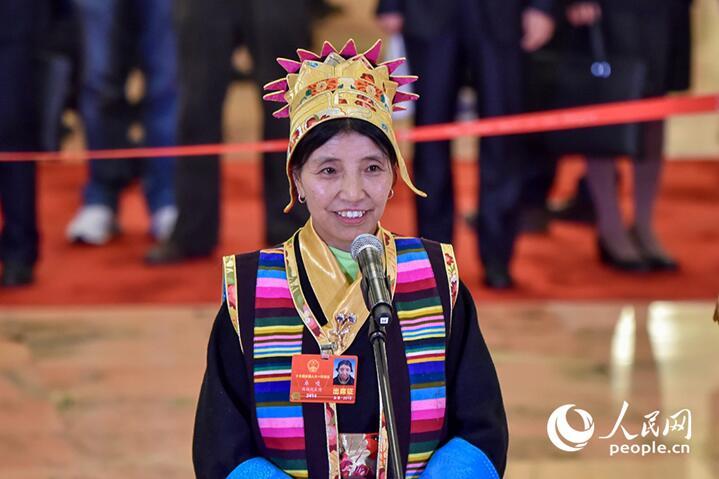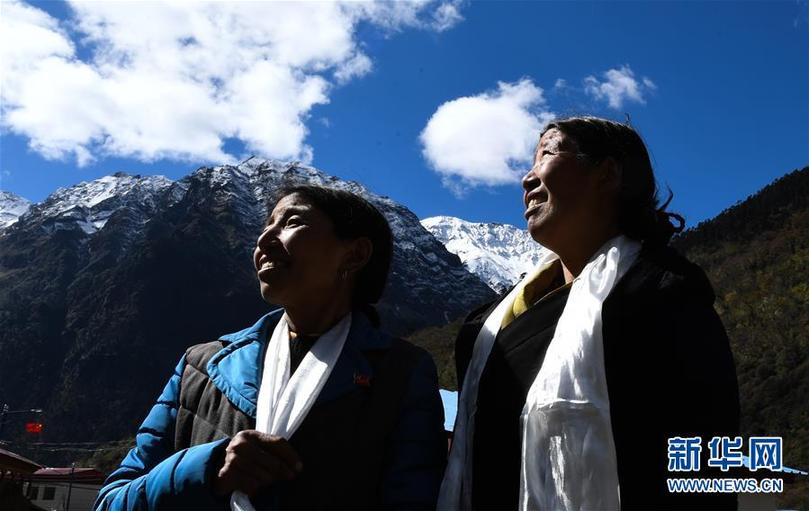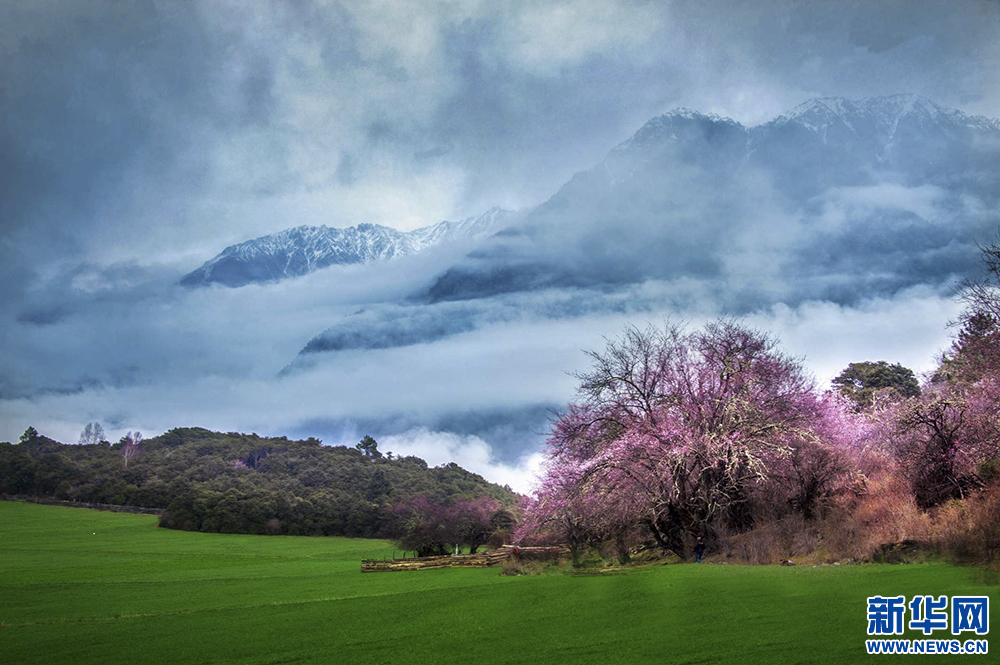Drolkar: to build my hometown as beautiful as galsang flower

Drolkar, a deputy to the 13th National People's Congress from southwest China's Tibet, is receiving an interview.
"Great changes have been seen in my hometown," said Drolkar, a deputy to the 13th National People's Congress from southwest China's Tibet, during an interview.
The Yumai Township, Drolkar's hometown, is a remote township with the smallest population in China. For half a century, her family grazes their sheep and cattle there to safeguard the border area. And their story has deeply touched the heart of people across the country.
"We have highways, we have power, and new homes are being built as well. We also have stores, restaurants, and family inns right in the village. You even don't need cash when shopping, for everything can be paid via your cellphone," Drolkar said happily when talking about her more and more convenient life in hometown.
Drolkar said she will continue to safeguard the border region in future.
"We know we can make our hometown as beautiful as the galsang flower," she said.
Editor: Ana Wu
Your Comment
Name E-mailRelated News
-
;
-
-

-
Tibetan herders receive President Xi's reply
Zhoigar and Yangzom wrote a letter to Xi while the 19th National Congress was in session in Beijing. They told Xi their experiences in safeguarding the border area and the development of their township over the years.
-
-
-

-
Tibetan herders receive President Xi's reply
Zhoigar and Yangzom wrote a letter to Xi while the 19th National Congress was in session in Beijing. They told Xi their experiences in safeguarding the border area and the development of their township over the years.
-
-
-

-
Xi encourages Tibetan herders to safeguard territory
Chinese President Xi Jinping has encouraged a herding family in southwest China's Tibet, to set down roots in the border area, safeguard the Chinese territory and develop their hometown.
-
Based in Lhasa, Tibet Vista is a Tibet travel agency that specialized in Tibet permit, and Tibet tours for both private and group travelers at a local price!
•4 Days Lhasa City Group Tour from USD 460 •8 Days Everest Base Camp Group Tour from USD 850 •15 Days Mt.Kailash Group Tour from USD 1780 •2016 Tibet Train Tours from Beijing, Shanghai, Chengdu, Xining,etc










